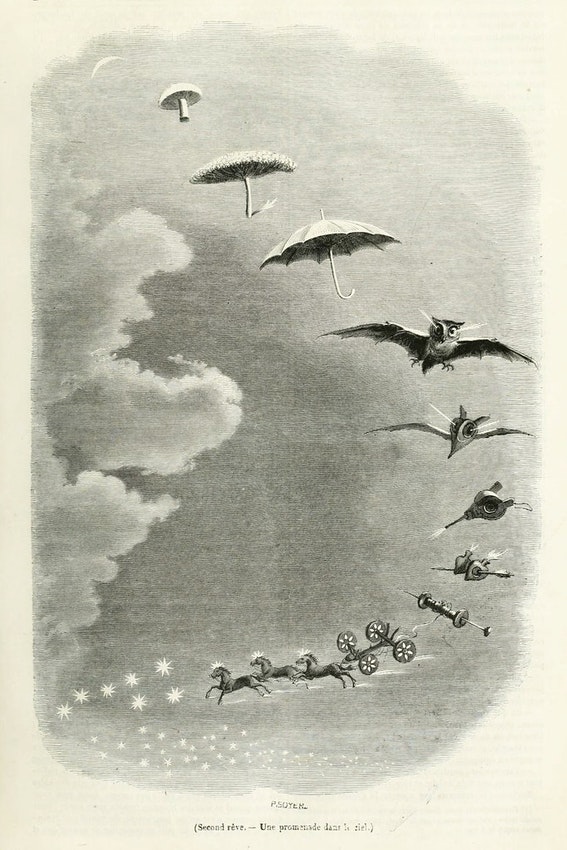An ongoing dialogue on HIV/AIDS, infectious diseases,
September 27th, 2020
Humbled — But Still Hopeful
When Dr. Anthony Fauci joined us earlier this month for a virtual medical grand rounds, several of my colleagues participated. At the end, each was asked to comment about what they had learned so far from the COVID-19 pandemic.
Dr. Michael Klompas, our brilliant hospital epidemiologist, wisely answered:
Humility.
His answer resonated strongly again, because this week our hospital is facing a cluster of cases on our inpatient service.
I want to underscore that Mike and our infection control team have worked tirelessly on our COVID-19 response right from the first moment we heard about it in January — longer than anyone. They have done an exemplary job, providing transparent and evidenced-based guidance. They have done everything they can to keep our patients safe, and bring us to work safely as well.
The clinical staff — doctors, nurses, respiratory therapists, pharmacists, physical therapists, social workers, dieticians — adhere to infection control policies. Same for other essential workers delivering food, cleaning the rooms, working in the cafeteria, transporting patients.
But we humans are, well, human. Meaning not perfect. Nor are systems created by humans perfect. We are constantly learning. To pretend otherwise would be hubris.
And our cluster is a reminder that this is a tricky virus. As some have said, the Goldilocks’ porridge of viruses when it comes to how it spreads.
Not so universally severe that it can be diagnosed and contained once identified — like Ebola, SARS, MERS.
Not so well-understood from a transmission perspective that cases can be prevented through avoiding exposures and targeted immunization — rabies.
Not so mild in most people that we can tolerate nearly universal infection — Epstein-Barr virus.
To cause a pandemic, the likes of which we haven’t seen in over a century, SARS-CoV-2 has to be just right.
It causes a mild infection in most (not all) young people; becomes progressively more serious as we age; takes advantage of those with common comorbidities (diabetes, high blood pressure, obesity); and — here is the crucial factor — spreads to others before we have symptoms.
Or even have no symptoms at all.
Now, as the hospital tests literally thousands of employees, sequences the virus, does engineering analyses, and conducts behavioral interviews, we’ll optimally learn what happened with this cluster so we can prevent it from happening again — both here and elsewhere.
Yes, humbled. But optimistic that with continued transparency about what we find, there will be progress.



Hello – this response is very well written and pieces together the humility needed to succeed in defeating this pandemic.
My thoughts piggy back on the ideas expressed here . As we approach advances in medicine , we need to be humble and transparent to new ways of practicing medicine .
I am a MD , an expert in cannabis medicine who makes the plea here for more research and also open mindedness regarding medical cannabis and its many possible uses , in treatment for pain and more .
Humility in all things , including medicine gives us the opportunity to practice the art and science of medicine and be the best we can be.
Hear, here. Humbled every day in the practice of medicine. Best wishes for a speedy recovery to those afflicted, and good luck to those figuring how to prevent future outbreaks. We are all in this together and may well benefit from what is learned.
Thank you for yet another thoughtful and informative post, Paul. AND, for introducing me to that spectacular piece of art.
Micah 6-8
He has shown you, O mortal, what is good. And what does the Lord require of you? To act justly and to love mercy and to walk humbly with your God.
Now is the time.
Well said, retired now, I can only imagine the fear and frustration you experience in trying to care for COVID patients in ICU and on the floor. Mixed isolation, universal precautions, I can see some of the hospitals I’ve been privileged to serve, big and small, stumbling through these ID challenges. My prayers and greatest respect for your challenge and your work.